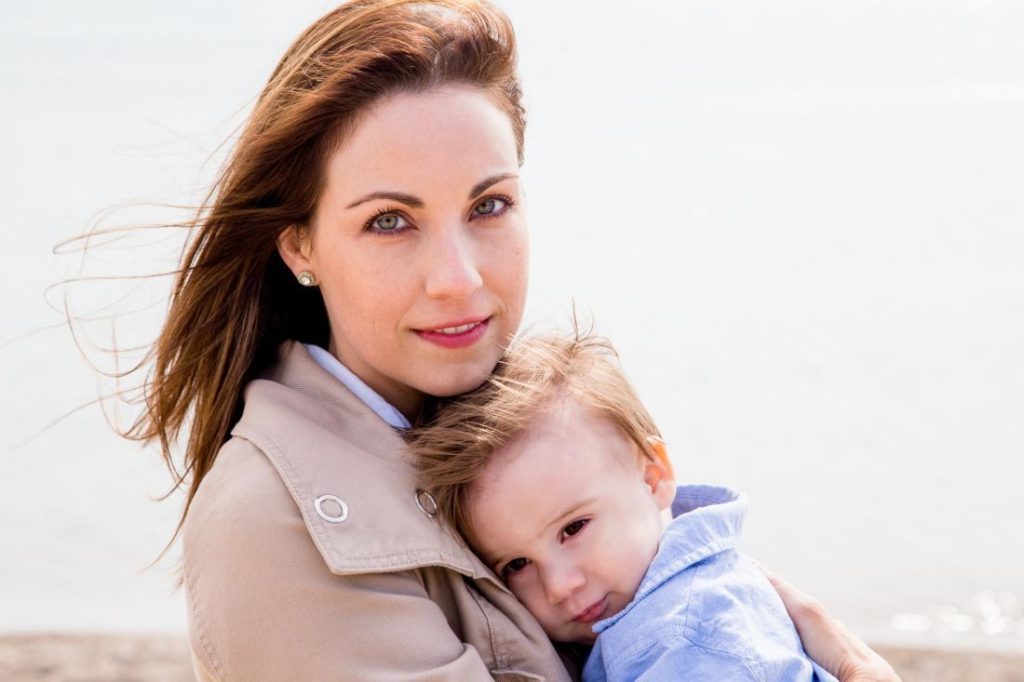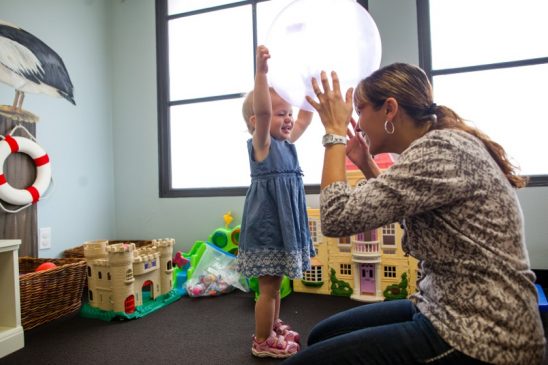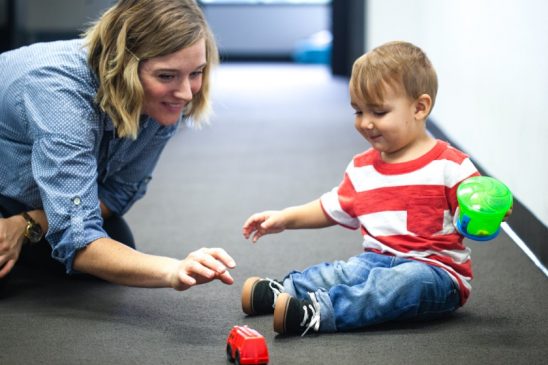
As a parent, you are your child’s superhero. Whether it’s cooking their favorite meal or making sure they are safe, you wear a cape.
For parents who have a child with autism, maintaining a safe environment in which your child can thrive is a priority. We have a list of things that you can do to make your home a safe zone for your child.
Keep it Calm
Children with autism are often more sensitive to stimuli. This means if your home has too many bright lights, flashy colors, clutter, or extraneous furniture, you can be creating an environment that is overwhelming to your child. We suggest that you facilitate an environment where your child can feel calm and comfortable. Try to reduce bright lights and colors throughout your home. Take advantage of natural light and keep your furniture minimal.
To help your child stay focused, try to keep your home organized by giving furniture and household objects set locations. This can help to eliminate any distractions and create a household structure that supports a focused lifestyle for your child. You can even try setting up a “homework area” in your home. You can also label the necessary tools that he/she needs to do homework, such as pencils, pens, or paper and have a designated area where he/she can work. The goal is to make that space as accessible as possible and to reduce stress.

Eliminate Potential Dangers
Be sure to keep your home environment designed to prevent any injuries to your child. The first step is to make sure that your furniture is sturdy. If your child likes to climb furniture, you want to make sure that they don’t get hurt doing so. For any furniture that isn’t secure, consider using braces or bolts to create a study foundation for those pieces.
Dangerous chemicals, medications, and pesticides should always be kept in a secure place with stop stickers placed on them. Some children with autism are even more prone to eat non-edible materials, so it is crucial that you keep potentially harmful items secure. You should also secure other items that can be harmful to your child, such as knives and scissors, and cover electrical outlets with child-proof covers.
By being proactive in avoiding these potential dangers, you can help to keep your child safe.
Keep the Sound Down
For children with autism, background sound is a stimulus that can be distracting and can make it difficult for them to interact and focus. Try to minimize background noise as much as possible. This means turning off the television, keeping the radio turned low, and try to run the dishwasher when he/she is sleeping.
There may be clear indications if your child is sensitive to certain sounds. You may notice that he/she covers his/her ears, cries, acts-out aggressively, or vocalizes discomfort. It is important to reduce or eliminate those sounds when possible. This can be as easy as lowering your voice, speaking on a lower pitch, or turning down the television.
For some children, a dedicated “quiet zone” can serve as an area to rest and recoup when your child is overstimulated. By creating a space where he/she can have a sensory break, you can help to reduce the stress that they are experiencing. Consider creating a quiet area with low-lighting and soft surfaces. You can also put some of their favorite, calming objects, such as blankets and toys into their quiet zone.

Teach Them About Strangers
When you were younger, you probably recall your parents saying, “stranger, danger.” Well, as a parent of a child with autism, you must be sure to teach your child to not be too trusting of strangers. There may be instances when someone comes to your home and knocks on the front door, and your child may feel inclined to answer.
Research has found that children with autism are less able to evaluate facial expressions, so they aren’t as able to read a stranger’s face to understand his/her intentions. Because of this, it is important to teach your child the protocols for dealing with a stranger. They should better understand who they can and cannot trust. Even though that person knocking on the front door may just be you neighbor stopping in to say hi, it is important that you teach your child these life-long skills to keep them safe in the home and in the future.
Being a parent to a child with autism is a life-long journey of learning and loving. At Hidden Treasures, we can help your child “Discover the Treasure Within” through our ABA therapy services. Learn more about Our Program and contact us TODAY!
